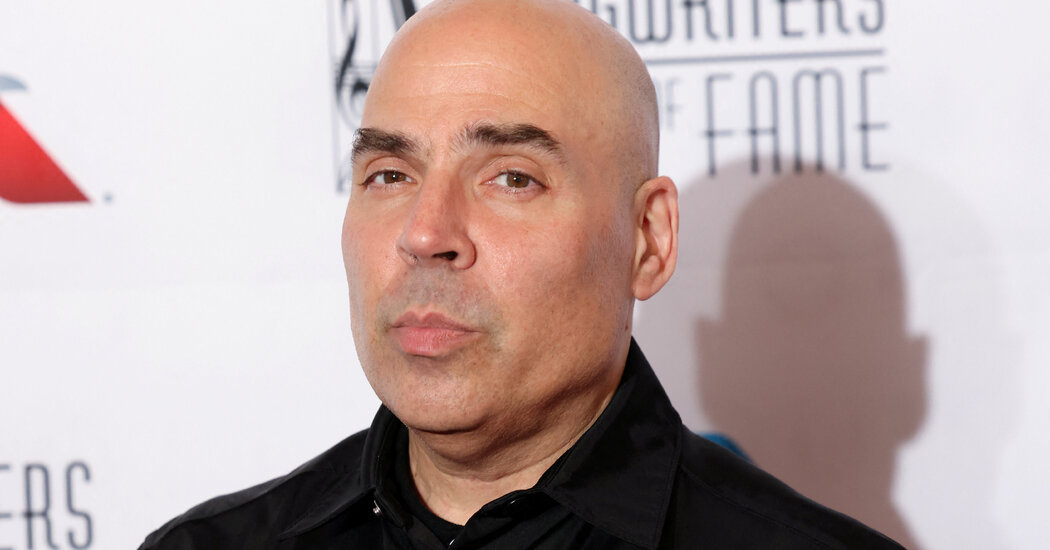Six years ago, an outspoken music executive named Merck Mercuriadis kicked off a new wave of dealmaking in the industry when his company, Hipgnosis, began buying up the song catalogs of artists like Neil Young, Shakira, Justin Bieber and the Red Hot Chili Peppers.
Now, Mercuriadis, who once managed Beyoncé and Elton John, is stepping down from the company after its assets have been sold to the private equity giant Blackstone, following a tumultuous year that has involved a shareholder revolt, an accounting scandal and a bidding war.
In the company’s complex structure, Hipgnosis Songs Fund is an “investment trust,” which is listed on the London Stock Exchange and owns the rights to tens of thousands of songs. A separate company, Hipgnosis Song Management — which has been run by Mercuriadis — is its “investment adviser,” doing much of the dealmaking and administration work for those songs. In 2021, Blackstone invested $1 billion to take majority control over the adviser firm.
The board of Hipgnosis Songs Fund voted on Monday to accept Blackstone’s offer of $1.6 billion for the company’s assets, the company announced early Tuesday.
After going public in 2018, Hipgnosis got off to a bright start, beginning a spending spree for artists’ song rights that ultimately exceeded $2 billion, and making an attention-getting pitch to investors that the royalties from pop songs could be “more valuable than gold or oil.”
Mercuriadis also regularly attacked the corporate conglomerates that dominate the music industry, portraying them as owning too much content to properly manage it. Privately, others in the industry complained that Hipgnosis was overpaying for catalogs, driving up prices all around. In 2021 alone, the music industry had $5.3 billion in catalog transactions, many from deals with individual artists, according to an estimate by Midia, which studies digital media and the music industry.
“People look at songs as being inanimate objects; I don’t,” Mercuriadis told The New York Times in an interview in 2020. “I think that they’re the great energy that makes the world go ’round, and I think that they deserve to be managed with the same level of responsibility that human beings do.”
But by last year, investors in Hipgnosis Songs Fund became displeased with the company’s share price, which had dropped well below the value of its assets, as computed by a third party.
In October, shareholders voted against maintaining the company’s structure. That triggered a series of changes, including a harsh review by a new financial adviser, which reduced the value of the company’s assets by 26 percent; the report also found that Hipgnosis Song Management had overpaid for the majority of its catalog and overstated the fund’s revenue and earnings.
In April, Hipgnosis Songs Fund reached a tentative deal to sell its assets for $1.4 billion to Concord, a large American independent music company whose portfolio includes labels like Fantasy, Rounder and Loma Vista. But a bidding war with Blackstone followed, with Blackstone entering the winning bid of $1.31 per share.
Last week, Mercuriadis announced that he would leave Hipgnosis Song Management once Blackstone’s acquisition of the full catalog was completed.
“This is a timely opportunity for me to undertake a strategic shift of focus,” he said in a statement, “and to spend more time advocating on behalf of songwriters to ensure that they are properly compensated for their work.”





